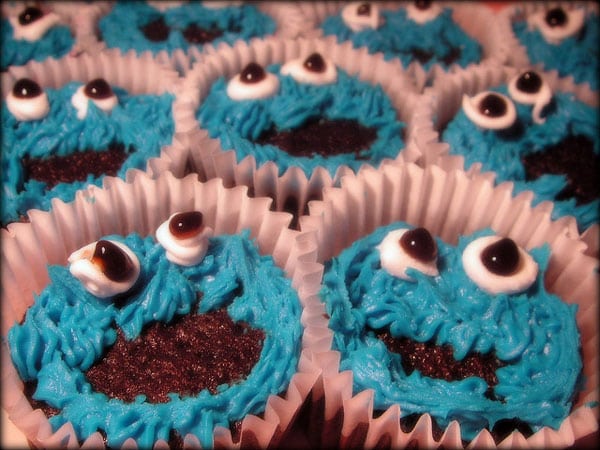
July 20, 2018; Associated Press
When a nonprofit icon known for its ethics and purity steps into an arena that could be riddled with commercialism, and those steps might open the door for others with different ethics to invade that space, how should the sector react? This is the dilemma that surfaces with the announcement last week that Sesame Workshop (formerly Children’s Television Workshop), the nonprofit company that produces Sesame Street, would be partnering with McGraw-Hill Education, a massive for-profit company known for school textbook production. They will be producing a new line of instructional classroom materials. No financial terms of the partnership were given.
How will these new materials influence education, educators, and the children they teach? And will this be the opening to allow other commercial brands into the classroom? As painful as it is to label Big Bird and Grover as commercial brands, when you can purchase merchandise with them featured on it, or see a child hugging his Super Grover doll, there is more to this than just the curriculum. Will a child come home from school asking for Sesame Street games and toys because they saw them used in their classroom?
The new classroom materials include videos featuring social-emotional and literacy lessons delivered by its famous characters and meant to be used at “circle time,” when young children typically gather to sing songs or hear stories. They also are offering resources for teachers and parents to help reinforce the lessons.
Sign up for our free newsletters
Subscribe to NPQ's newsletters to have our top stories delivered directly to your inbox.
By signing up, you agree to our privacy policy and terms of use, and to receive messages from NPQ and our partners.
The instructional materials are on the market for children in preschool through fifth grade, and they are expected to be used in classrooms as early as fall 2019. Educators now have access to review the materials, but they haven’t been piloted in a classroom yet. They must be approved by school principals and administrators.
Dr. David Hill from the American Academy of Pediatrics urges parents to move with caution when it comes to TV and videos. Kids can learn from Sesame Street, which is a high-quality program, but not enough is known about the use of videos and media in classrooms. Writing for the Associated Press, Sally Ho, indicated that Hill, a pediatrician, said “a young child’s brain cannot distinguish between programming and advertising.” This is a red flag for what could be happen with Sesame Workshop and McGraw-Hill: there’s a natural tension and suspicion about who is really going to benefit.
Sesame Workshop is a nonprofit, and any revenues it receives would be reinvested into the educational mission of the organization. That has been the case since 1969 when it began, and remains so today as it partners with HBO (due to the loss of federal funding). “With a proven whole-child curriculum that serves as a framework for everything we do, Sesame Workshop has put children first for nearly fifty years,” said Akimi Gibson, company vice president.
There is some comfort in visualizing our Sesame Street friends populating our classrooms and sharing an ethical, value-based curriculum. But if that extrapolates to Trolls and Marvel’s superheroes and others with their classroom curricula, has Pandora’s box been opened?—Carole Levine













